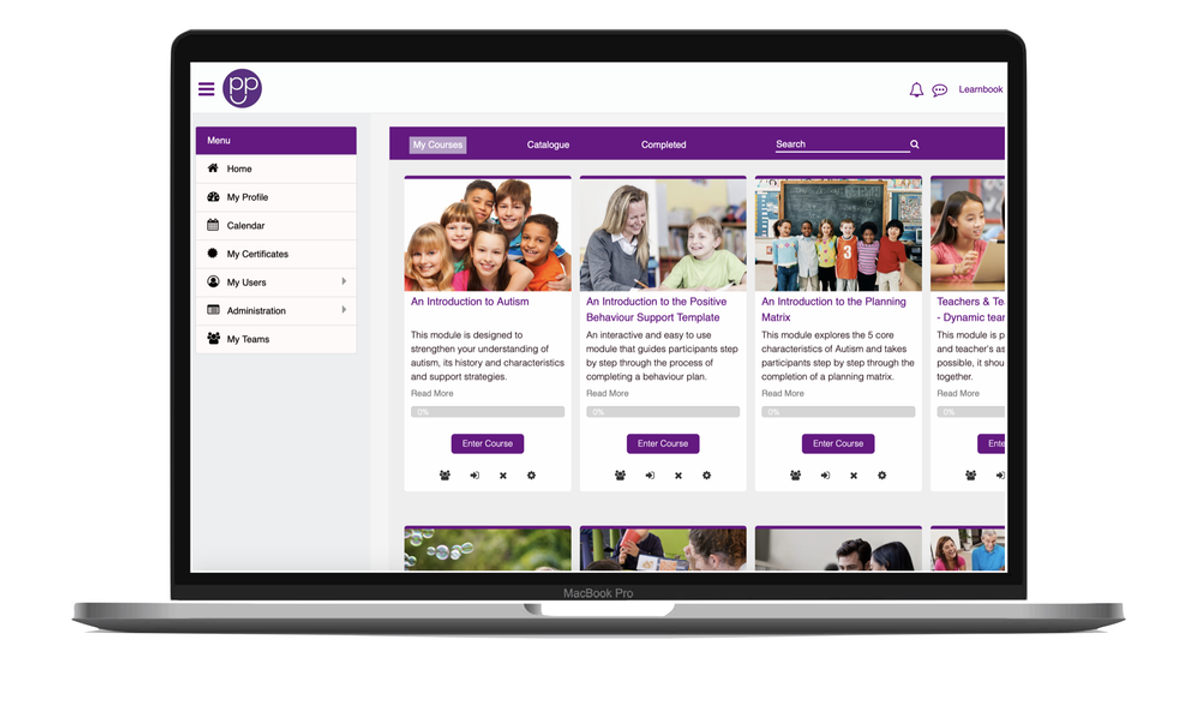From the Counsellors

Anxiety and avoidance behaviour in young people
Anxiety and mental health affect many young people, and it's an issue that we are seeing frequently in the Counselling Rooms.
We all experience anxiety from time to time, but for some people, it can stick around for a long time and end up having a big impact on their daily lives.
Everyone experiences anxiety differently, but there are some common signs and symptoms of anxiety. Along with the physical signs, withdrawing from family and friends, and avoiding people, places or activities could be signs that someone is struggling with anxiety.
Common avoidance behaviours among young people include spending large amounts of time in their room, not wanting to socialise when family or friends visit, and/or preferring to stay home than go out.
Left unmanaged, avoidance behaviours can escalate and for some young people, this can have an impact on their ability to function on a day-to-day basis.
Understanding what a young person is trying to avoid is critical, as well as recognising that when they are in an avoidant state they are unable to function as their best self.
Some young people can have sensory needs that may be at the core of their anxiety, so it’s important to understand that sensory-seeking and sensory-avoiding behaviours can be associated with noise, lights, social situations and verbal communication.
Recent statistics show that one in seven young people are being diagnosed with a spectrum disorder. For parents, carers, educators in schools and other people working with young people, we need to be informed about the challenges that sensory seeking or sensory avoiding behaviour can have on daily functioning. As a neurodiverse community, we can mindful of how we can be our best in our community and educate ourselves.
Positive Partnerships is an educated resource for supporting school age young people on the Autism Spectrum. The Positive Partnerships website includes a series of webinars which are FREE, self-paced and interactive, starting with the 'Introduction to Autism' module.
Please see below for a link to the website and the online modules.
Positive Partnerships - Online Learning Hub
Taylor Fletcher (Kinder–Year 6) and
Rachel Sylvester (Years 7–12)
SMC Counsellors

